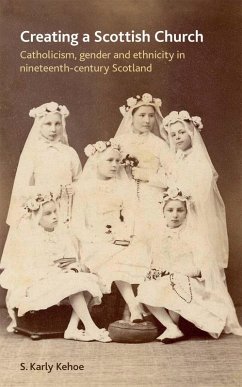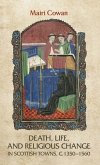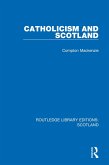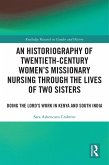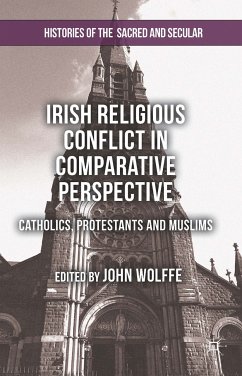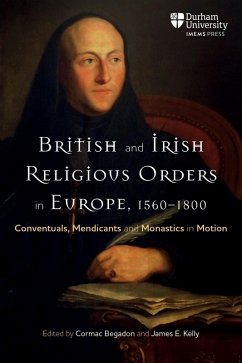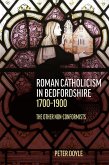This book highlights how the Catholic population participated in the extension of citizenship in Scotland and considers Catholicism's transition from an underground and isolated church to a multi-faceted institution by taking a critical look at gender, ethnicity and class.
It prioritises the role of women in the transformation and modernization of Catholic culture and represents a radical departure from the traditional perception of the church as an institution on the fringes of Scotland's religious and civic landscape. It examines how Catholicism participated in constructions of national identity and civic society. Industrialisation, urbanisation, and Irish migration forced Catholics and non-Catholics to reappraise Catholicism's position in Scotland and in turn Scotland's position in England. Using previously unseen archival material from private church and convent collections, it reveals how the construction of a Catholic social welfare system and associational culture helped to secure a civil society and national identity that was distinctively Scottish.
Hinweis: Dieser Artikel kann nur an eine deutsche Lieferadresse ausgeliefert werden.
It prioritises the role of women in the transformation and modernization of Catholic culture and represents a radical departure from the traditional perception of the church as an institution on the fringes of Scotland's religious and civic landscape. It examines how Catholicism participated in constructions of national identity and civic society. Industrialisation, urbanisation, and Irish migration forced Catholics and non-Catholics to reappraise Catholicism's position in Scotland and in turn Scotland's position in England. Using previously unseen archival material from private church and convent collections, it reveals how the construction of a Catholic social welfare system and associational culture helped to secure a civil society and national identity that was distinctively Scottish.
Dieser Download kann aus rechtlichen Gründen nur mit Rechnungsadresse in A, D ausgeliefert werden.
Hinweis: Dieser Artikel kann nur an eine deutsche Lieferadresse ausgeliefert werden.

